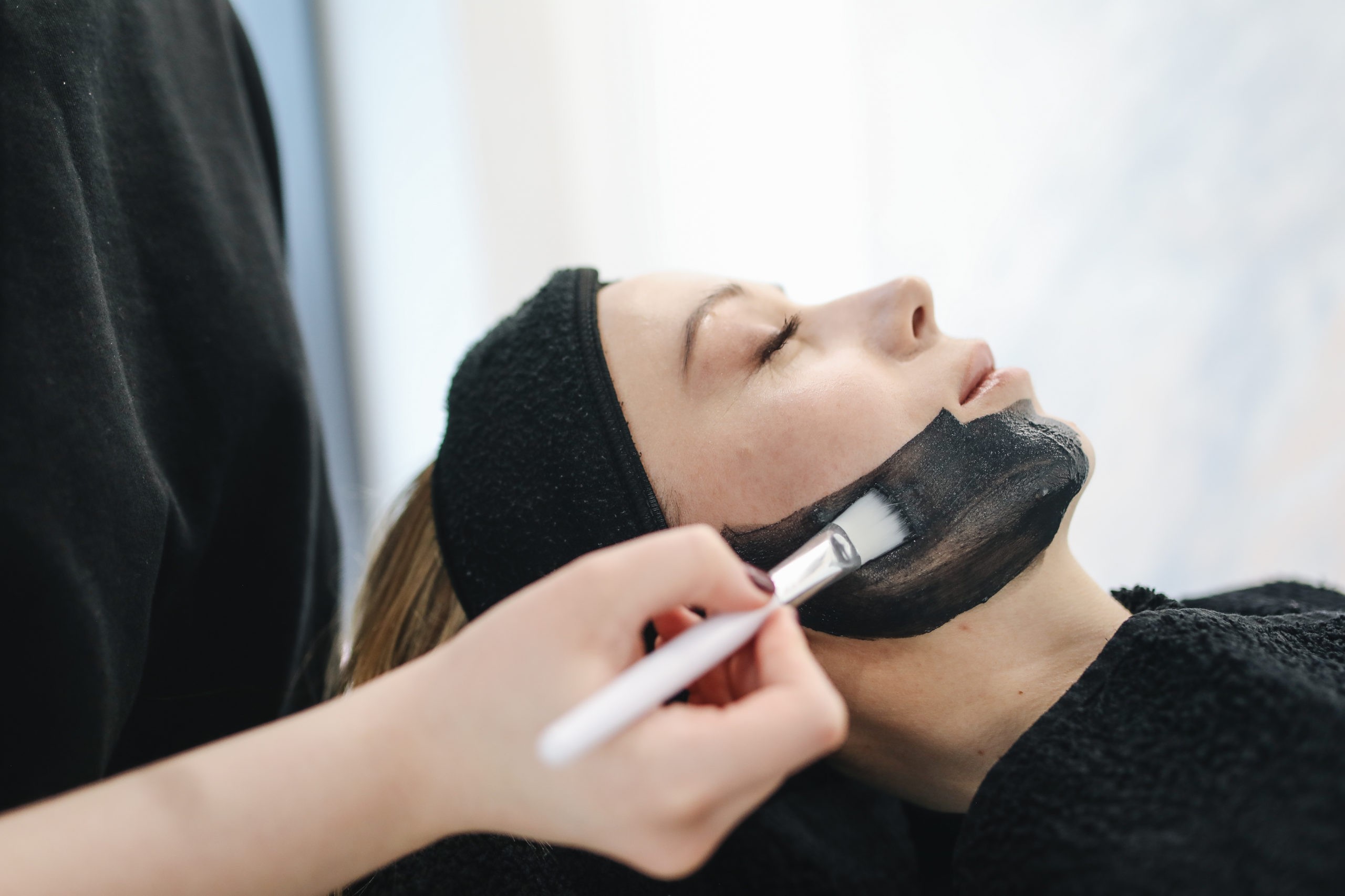For patients seeking skincare treatments, there are a number of different establishments to choose from, each staffed with professionals equipped with different expertise. It’s no wonder many patients become hopelessly confused. Do they need a dermatologist to treat varicose veins, for instance? And could they find one at a clinic or a medspa? While patients have a lot of questions around navigating the skincare industry, you may be surprised to learn that skincare professionals themselves may also be unsure of certain aspects, as well. So, in this article, we wanted to inject some clarity into the skin care industry by explaining where different treatments can be found and who should be administering them.
Providers: Dermatologist, Aesthetician, or Esthetician?
At facilities focusing on treating skin, you’ll usually find dermatologists, aestheticians, and estheticians. These roles are all important in the application of treatments, but their education and experience have notable differences.
Dermatologist
A dermatologist is a specialized doctor who has the authority to medically diagnose patients’ skin conditions and prescribe treatments. Just like any other doctor, they’ve completed four years of medical school and four years of residency. You may also come across the term, “cosmetic dermatologist”; this is a dermatologist who is willing to address cosmetic issues like wrinkles and fine lines in addition to medical conditions. In general though, you should expect a dermatologist to take a more clinical, comprehensive approach to the treatment of skin conditions.
Aesthetician
An aesthetician is a licensed skin specialist who administers cosmetic skin treatments. Unlike a dermatologist, they are not medical doctors which means they cannot medically diagnose patients and prescribe a treatment. That being said, they will approach cosmetic treatment from a more clinical perspective as they’re trained in areas such as microdermabrasion, anti-aging therapies, advanced hair removal techniques, and pre- and post-surgical skin care treatment.
Esthetician
Aestheticians and estheticians are sometimes used interchangeably, so it’s understandable if you didn’t realize there was a true difference between the two terms. An esthetician, also called a facialist, is someone who provides skincare treatments in a cosmetic, spa, or salon setting. They have training to treat minor skin issues such as wrinkles, age spots, or dry skin and administer skin cleansing and maintenance techniques. In addition to applying masks and scrubs, giving facial massages, waxing, and tweezing, they may also help aestheticians and dermatologists by preparing a patient for a procedure.
Facilities: Dermatology Clinic or Medspa?
Skincare professionals can be found in a range of different practices and treatment centers, such as burn centers, trauma centers, plastic surgery clinics, or hospitals. However, we’re focusing on the types of locations that primarily offer skin-based treatments: dermatology clinics and medical spas.
Dermatology Clinic
This type of practice will have a board-certified dermatologist overseeing every treatment, diagnosis, and regimen administered. Since dermatologists have advanced training and education compared to other skincare professionals, they are able to conduct cancer screenings, perform skin-related surgery, and administer injections such as Botox.
The benefit of a dermatology clinic from a patient perspective is that not only will a dermatologist be able to diagnose a skin condition, they’ll be able to identify any potential underlying conditions and provide a more holistic solution. Additionally, a dermatology clinic has the authority to sell medical-grade products you won’t find at spas or salons.
If a patient has a more complex case, a dermatology clinic is typically the best option for them as they’ll be more likely to get to the root of a particular problem and find a solution that works.
Medspa
A medical spa, also called a medspa, can practically be very similar to a dermatology clinic with the exception that there is no board-certified dermatologist on site to oversee treatments. That being said, medspas are usually overseen by medical directors. These are physicians such as dermatologists or even plastic surgeons who are responsible for the overall health and security of a medspa’s patients. While medical directors typically work at a high level, you can expect the cosmetic treatments to be administered by an aesthetician or esthetician, depending on the level of training and expertise required.
At a medspa, patients should not expect to receive a diagnosis for their skin condition or surgical medical services of any kind. What they can expect is to be treated for mild to moderate skin conditions. In fact, many services typically performed with a cosmetic laser device—such as hair removal, tattoo removal, scar reduction, or microdermabrasion—can now be found at medspas as the technology has advanced to a degree that they can be operated safely with minimal training. Laser treatments are also likely to be cheaper at a medspa vs. a dermatology office, too.
Choose the Best Laser Machine for Your Patients
No matter what you call your practice and the types of treatments you offer your patients, your success will always come down to quality, and the equipment you use has a direct impact on treatment quality.
The problem is, new equipment can be expensive, and many laser reselling companies can’t be trusted. Laser Resellers is the rare exception. Every device you see advertised on our website is guaranteed to be in stock so you don’t have to worry about a bait and switch. We also service every machine we sell to guarantee it’s in perfect condition when it arrives, and we even offer a 30-day warranty. If you’re ready to invest in a laser you can trust to serve your patients well, contact Laser Resellers today!




